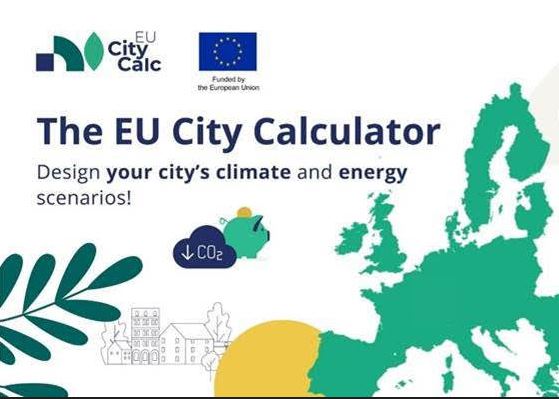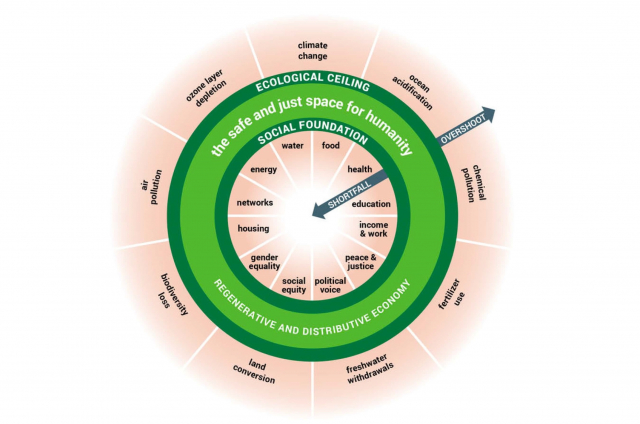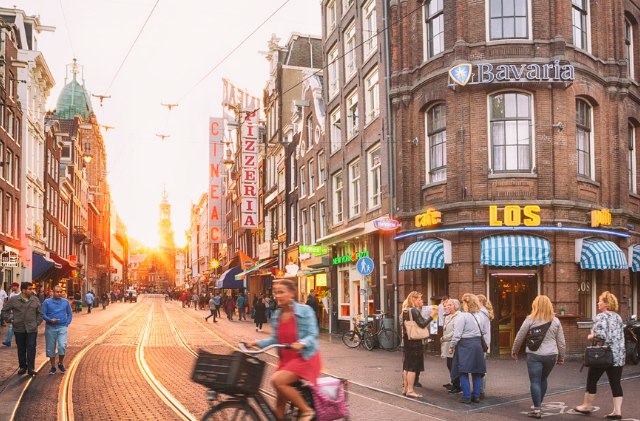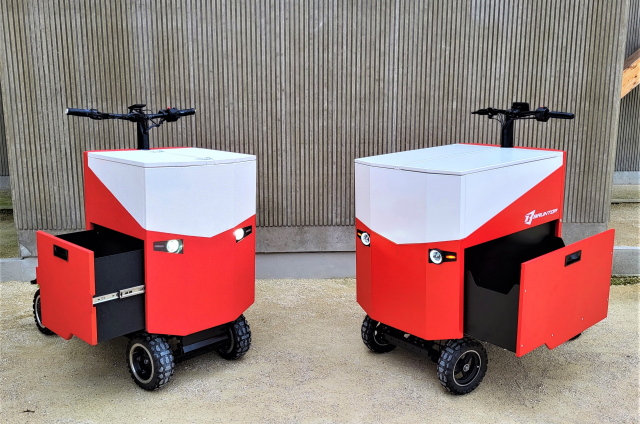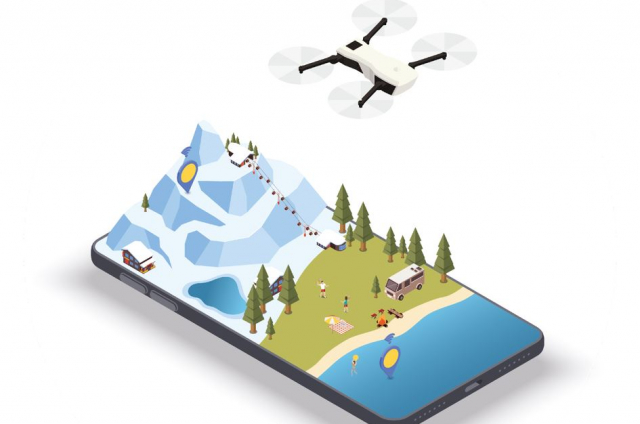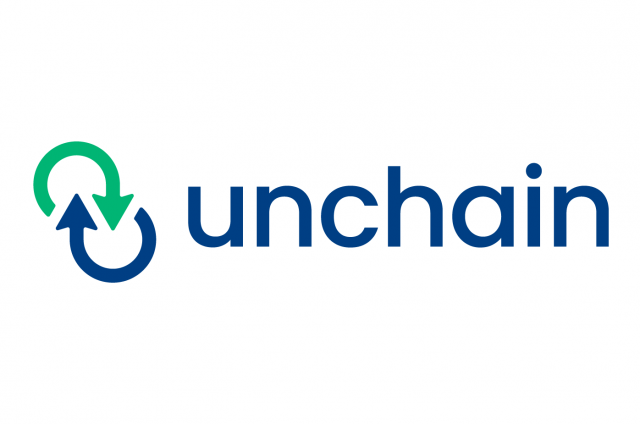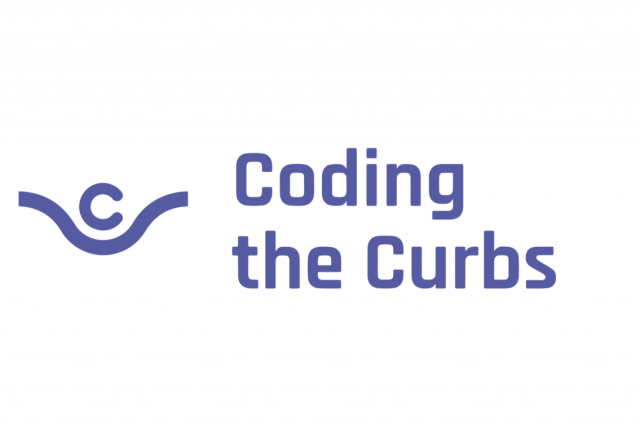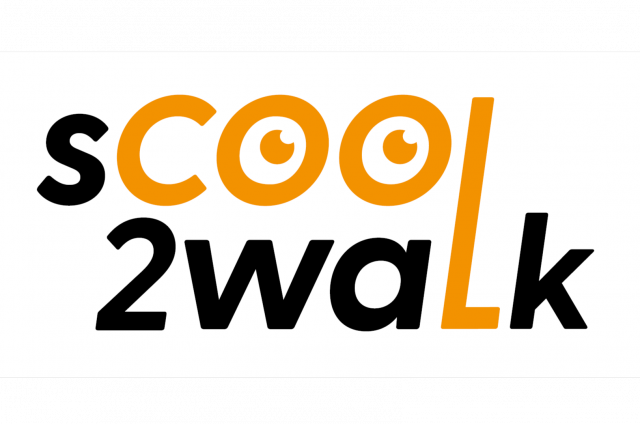BSR ELECTRIC: Fostering E-mobility Solutions in Urban Areas in the Baltic Sea Region
Status: Realized projects

The project BSR electric aims to enhance the utilization of e-mobility in urban transport systems around the Baltic Sea Region by demonstrating potential applications of various types of urban e- mobility such as electric city logistics, e-Bikes, e-Buses, e-Scooters and e-Ferries.
The common challenge of all partner countries are the EU’s ambitious targets for the reduction of transport sector emissions and the aim to phase out conventionally fuelled vehicles in urban transport by 2050. E-vehicles produce significantly less CO2 and noise emissions and are therefore the ideal means of transport in an urban context given the relatively short distances.
While national promotion strategies for e-mobility have primarily focused on individual car use, other potential applications have received less attention. These include:
⚈ Electric delivery vans and trucks that could greatly reduce the CO2 and noise emissions of the urban logistics sector;
⚈ Urban companies and public authorities operating large fleets of cars, e.g. for maintenance workers, that could be replaced by e-vehicles;
⚈ E-bikes (rented/owned) that can be used by commuters travel the last mile to their workplace or for business trips in inner cities;
⚈ E-buses to make public transport even more environmentally friendly if routes, charging infrastructure and operational routines are planned and designed effectively;
⚈ E-scooters to increase the accessibility of public places such as cemeteries and hospitals for people with impaired mobility, thereby strengthening social inclusion;
⚈ Electric ferries and water taxis to complement public transport systems in the many coastal cities of the Baltic Sea Region.
Experience with practical implementation of these multiple applications of e-mobility solutions in BSR cities is still limited. The project partners will first explore the technical state-of-the-art, status quo and potentials of e-mobility in the partner regions. This preparatory phase will be followed by demonstration actions in the above named themes in the involved cities, each of which will result in transferable concepts or recommendations.
By building mutual learning partnerships and organising webinar, study vists and capacity building seminars the consortium will ensure constant exchange of experience and know-how between the involved cities and with experts from cities beyond the partnership. The exchange will feed into theme-specific recommendations, an online learning module for urban transport stakeholders and a “Baltic Sea Region Roadmap for Urban E-Mobility”.
Use case of Rīga: e-scooters
The use case examined the possibilities of using e-scooters in public spaces in order to decrease social exclusion of senior and disabled residents and to allow increased access to various restricted environments. E-scooters were tested in a large hospital complex in Rīga (Rīga 1st hospital) for the transport of patients and staff as well as e-scooters on the main cemetery of Riga, for the transport not only of the workers with their equipment and tools, but also for senior and visitors with physical disabilities.
Duration, funding, partners:
Funding: Interreg Baltic Sea Region cross-border cooperation program 2014-2020
Budget: Total € 3 800 000, EU contribution € 2 790 000, Riga Municipality budget € 230 000, EU contribution € 195 500
Duration: 01.10.2017.-30.09.2020.
Partners: Lead partner – Hamburg University of Applied Sciences (DE), co-lead- Turku University of Applied Sciences (FI), ATI Küste GmbH Association for technology and innovation (DE), Høje-Taastrup Municipality (DK), Lindholmen Science Park AB (SE), Zero Emission Resource Organisation (ZERO) (NO), Green Net Finland (FI), Helsinki Region Environmental Services Authority HSY (FI), Institute of Baltic Studies (IBS) (EE), Tartu City Government (EE), LTD Ardenis (LV), Riga City Council (LV), City of Gdansk (PL),Urban Transport Administration Gothenburg (SE), Free and Hanseatic City of Hamburg, Borough of Bergedorf (DE).


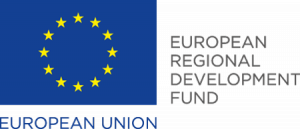
Related Projects

SUPERSHINE: Empowering communities, tackling energy poverty through social housing renovation
Read more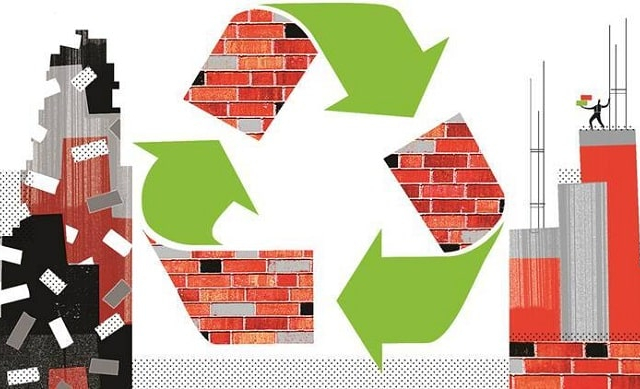
CURE+ Educating municipalities on circular economy practices and fostering its uptake to reduce household-related construction and demolition waste
Read more
CommitClimate: Towards Energy Transition and Climate Neutrality in the Baltic Sea Region Municipalities
Read more